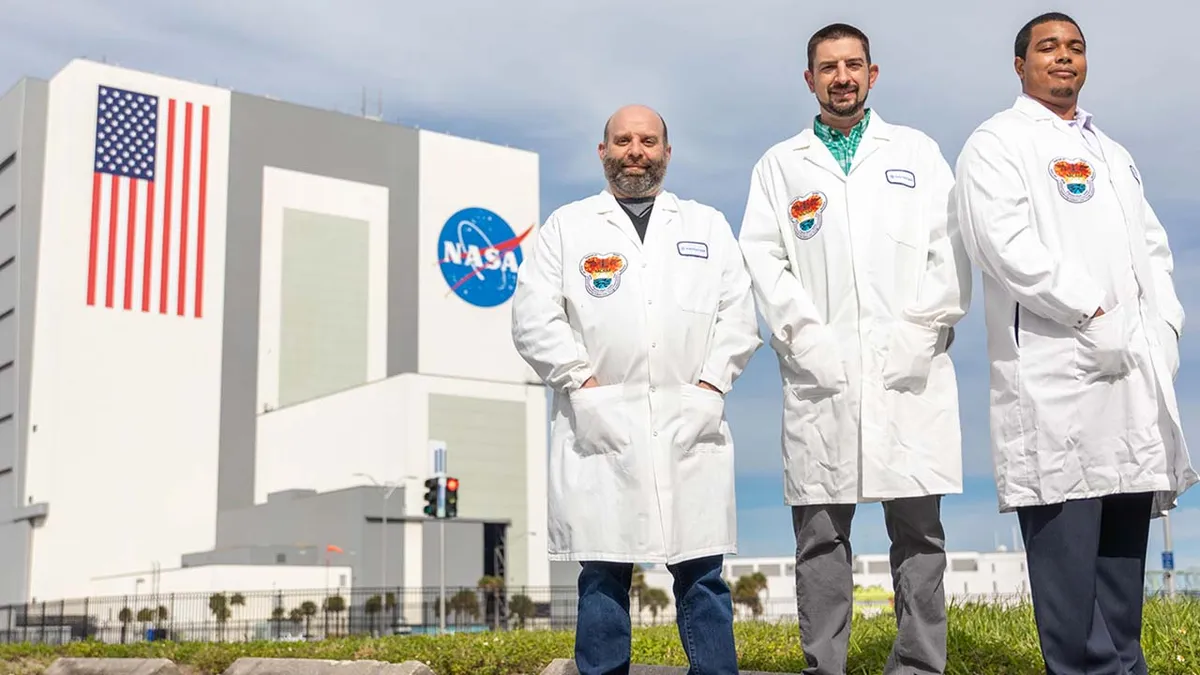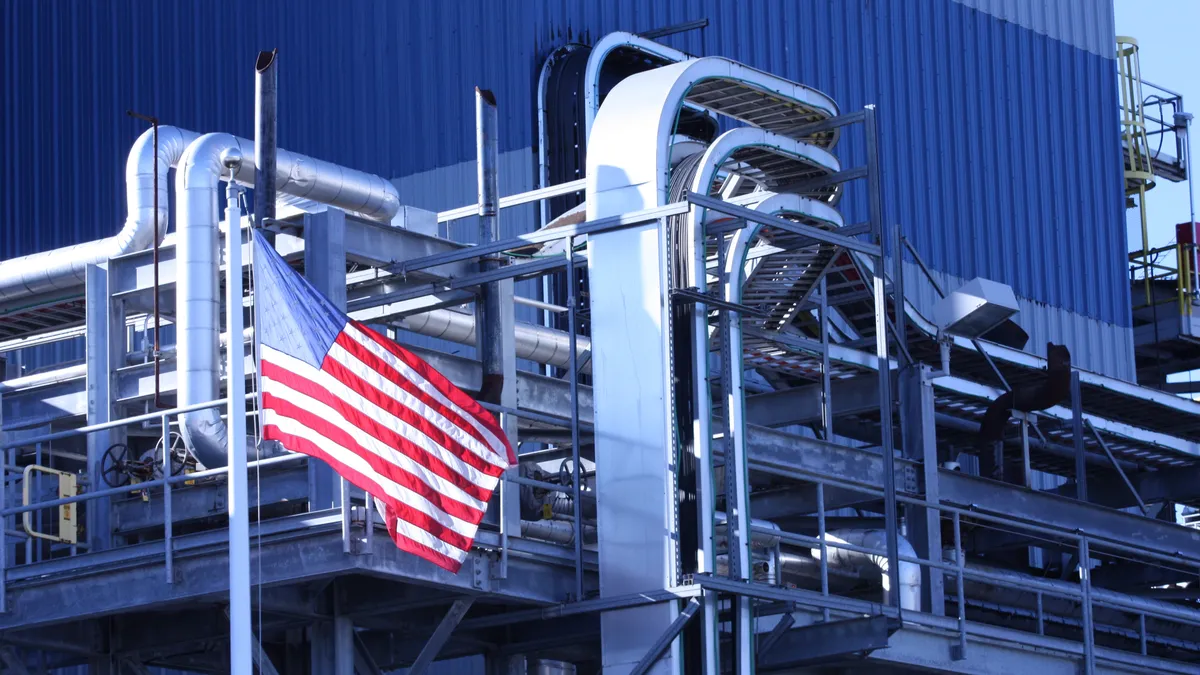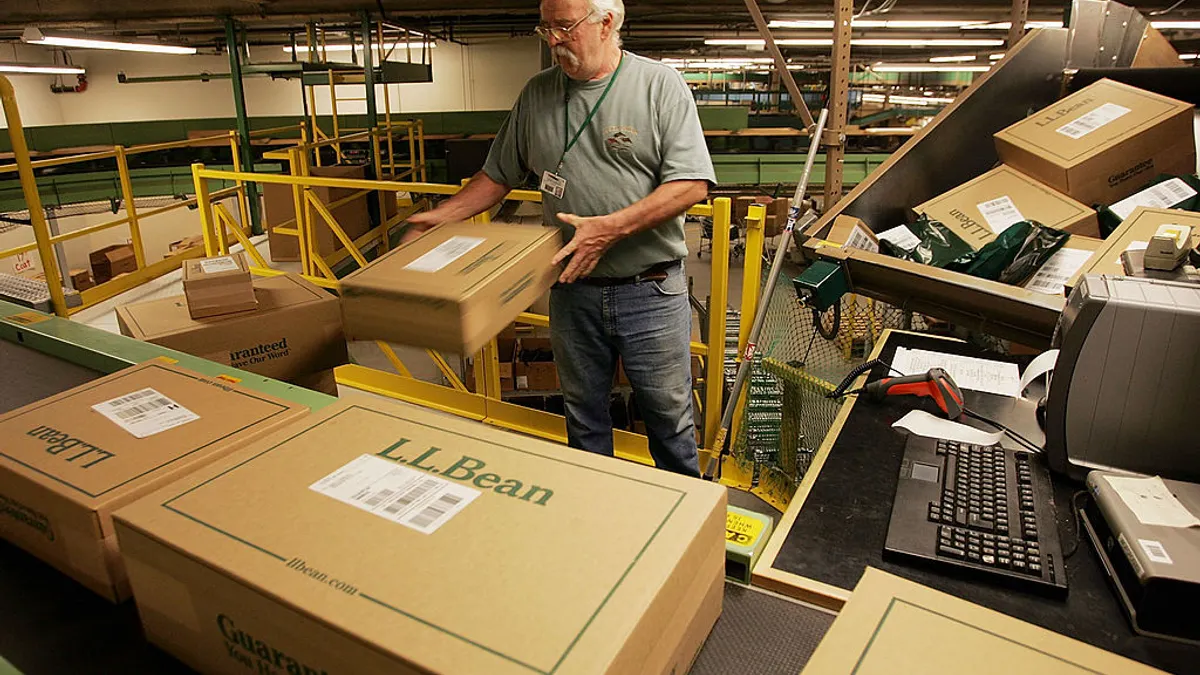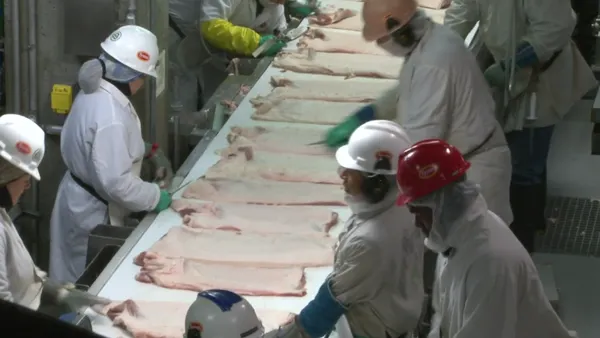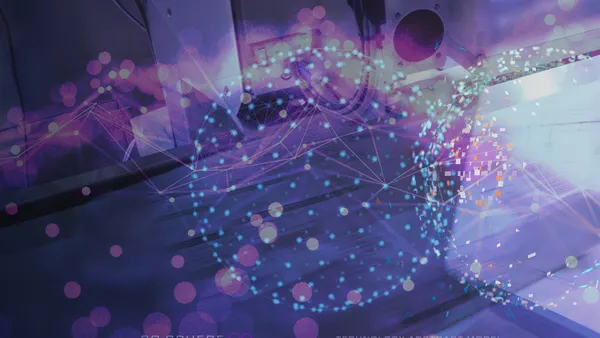A Bristol Myers Squibb biotherapeutics experiment hitched its second ride to the International Space Station last week.
The pharmaceutical company sent a selection of its protein-based medicines to the station’s national laboratory to investigate how to better produce them.
Over several months, researchers will study protein crystallization occurring in the space station’s weak-gravity environment, conditions in which crystals can grow larger and more well-ordered, according to an International Space Station National Lab release.
The findings could help Bristol Myers Squibb improve the biomanufacturing of potent medicines, like those used to treat cancer, back on Earth. More specifically, it could allow them to reformulate medicines to be given as injectable doses, rather than intravenously.
“Microgravity gives us higher-resolution crystals that offer information we can leverage for designing new drugs,” Robert Garmise, associate director of material science and engineering at Bristol Myers Squibb, said in the release. “High-quality crystals grown in space give us a better understanding of how the molecules interact than is possible on Earth.”
The research materials will head into space as part of a resupply mission with SpaceX. The company last sent proteins into space in 2020, after its research proposal on protein crystallization in microgravity was selected by NASA.
Other companies are also looking to the stars to improve life science manufacturing.
Last spring, NASA awarded funding to eight manufacturing companies to send projects to the International Space Station for further development. They include work in areas such as stem cell therapies, photonics and additive organ manufacturing.



